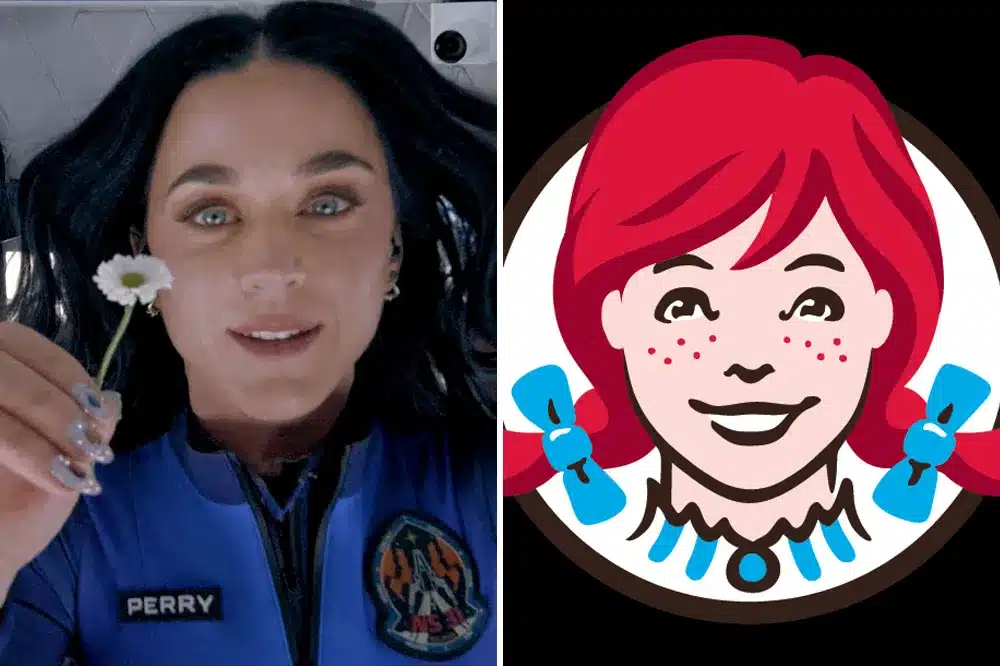In the ever-evolving world of gaming, a groundbreaking revolution is taking place, redefining the way players interact with their virtual worlds. Non-fungible tokens (NFTs) have burst onto the scene, changing the very fabric of gaming by offering players a novel way to own, trade, and monetize in-game assets. An online trading platform at this source is at the forefront of this transformation, facilitating the exchange of NFTs and unlocking a plethora of possibilities for gamers. In this article, we’ll explore the transformative impact of NFTs on the gaming industry, from empowering players with true ownership to introducing novel monetization opportunities.
Featured Image VIA
The Rise Of NFTs In Gaming
NFTs: A Game Changer
Some online trading platform that facilitates the exchange of NFTs, unlocking a plethora of possibilities for gamers. These digital assets are unique and indivisible, making them the perfect medium for representing ownership of in-game items, avatars, skins, and even virtual real estate. The underlying blockchain technology ensures the scarcity and authenticity of these digital collectibles.
Ownership in the Digital Realm
NFTs grant players true ownership of their in-game items. Unlike traditional games where items are confined to the game’s ecosystem, NFTs provide gamers with the freedom to buy, sell, or trade their virtual assets on external marketplaces. This ownership empowers players and enhances the overall gaming experience.
Monetization Revolution
Player-Generated Content
In the past, players who created content, such as custom skins or mods, had limited options for monetization. With NFTs, they can tokenize their creations and sell them to other players, opening up new revenue streams for gamers and fostering a thriving player-driven economy within the gaming world.
Gaming Economies
NFTs have given rise to virtual economies that operate alongside traditional in-game currencies. These economies allow players to accumulate wealth not only by playing the game but also by participating in the NFT market. Gamers can speculate on in-game assets, invest in rare collectibles, and even create their own digital galleries, all with the potential for real-world value.
Challenges And Controversies
Environmental Concerns
One of the primary concerns surrounding NFTs is their impact on the environment. The energy-intensive proof-of-work blockchains on which many NFTs are built have been criticized for their carbon footprint. However, some game developers and blockchain projects are exploring more eco-friendly options, such as proof-of-stake blockchains, to mitigate these concerns.
Ownership Disputes
The concept of NFT ownership can lead to complex legal and ethical questions. For example, what happens when a player creates an NFT from in-game assets, but the game’s terms of service prohibit such actions? Legal disputes over virtual ownership and intellectual property rights are likely to become more prevalent as NFTs continue to gain prominence in gaming.
Game-Changing Experiences
Cross-Platform Compatibility
NFTs have the potential to transcend the boundaries of individual games and platforms. Players can take their digital assets with them from one game to another, as long as both games support the same blockchain and NFT standards. This newfound interoperability promises to create a more seamless and connected gaming experience.
Inclusive Gaming Ecosystem
By allowing players to monetize their in-game activities, NFTs have the potential to level the playing field for gamers. This inclusivity can empower talented gamers to turn their passion into a career, while also providing opportunities for those who may not have the time or skill to excel in traditional gameplay.
The Road Ahead
NFTs Beyond Gaming
While NFTs have already made a significant impact in the gaming industry, their influence is not limited to this realm. The concept of tokenizing unique digital assets has applications in art, music, virtual real estate, and more. As NFT technology continues to mature, it will undoubtedly reshape various digital ecosystems.
Regulatory Landscape
As NFTs gain prominence, governments and regulatory bodies are beginning to pay more attention to this space. Regulations may evolve to address concerns like fraud, tax implications, and the legal recognition of NFT ownership. It’s essential for the gaming industry and NFT marketplaces to adapt to these evolving regulations to ensure a sustainable and compliant future.
Conclusion
The integration of NFTs in gaming has introduced a seismic shift in how players experience and benefit from their virtual worlds. Gamers now have a means to truly own and monetize their in-game assets, thereby democratizing the gaming experience. However, the road ahead is not without its challenges and uncertainties, and it will be essential for the industry to address them while continuing to innovate. As NFTs extend their reach beyond gaming, the impact of these unique digital tokens will be felt across multiple domains, further solidifying their place in the digital age.















